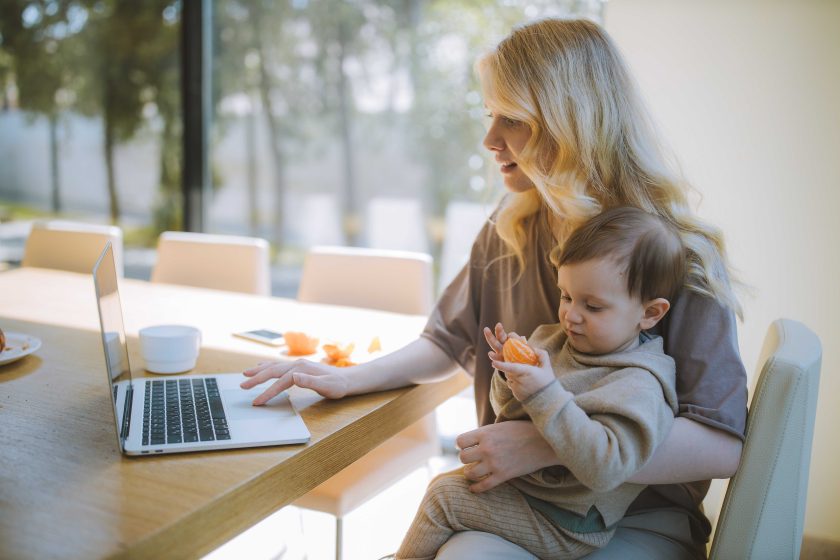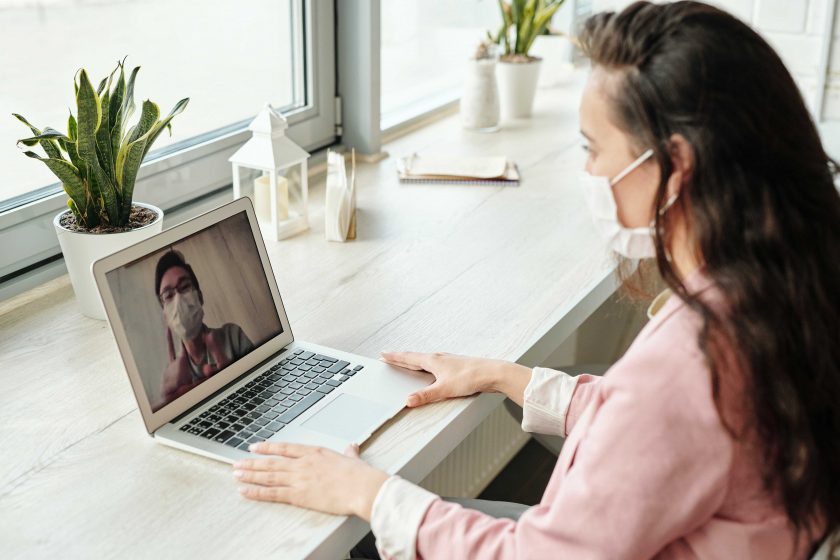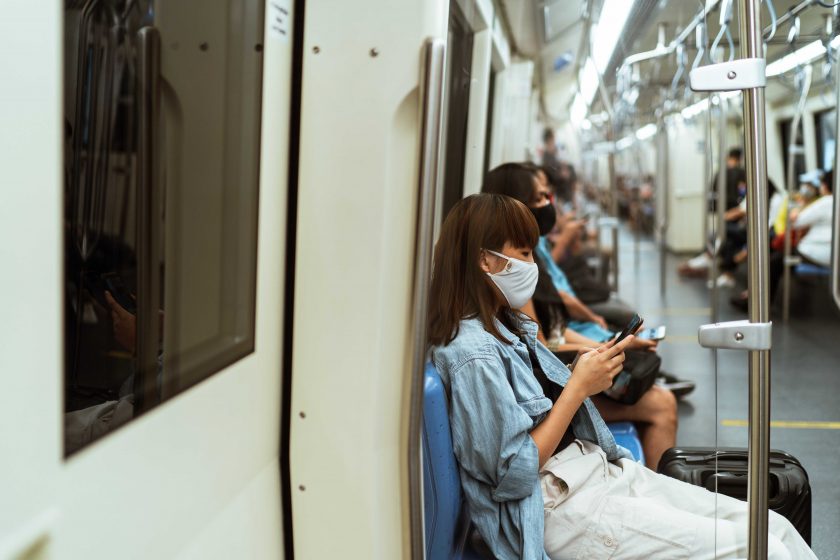Working to Accommodate the New Normal
July 2020Many of us are in the process of planning a safe return to work and considering a mix of strategies to help us to adjust going forward. These won’t be short-term fixes. The new normal that we need to process will be here for the long-term and so it’s vital that the changes that we put into place are workable as well as keeping us safe.
Those that can will
The first key change is that those who can work from home and who want to work from home, as we enter the next phase of working life in the wake of the Coronavirus, should most definitely be allowed to do so.
We were experiencing the evolution of agile working before Covid-19 hit. Lockdown has forced a revolution, making working from home a practicable reality for many.
Choosing home as the most viable location in the coming months is certain to remain the best option for peace of mind and allows for a good transition period. It will likely carry on for the majority who can make this choice sustainable in the medium to long-term.
Keeping a safe distance
The stakes are high for those who are returning to work, though, and there is a definite need to make sure that workers don’t come into close, unprotected contact. Given that, it will likely be necessary to make adaptations to the current office environment in order to adhere to safe social distancing.
SB Workspace’s Move Management and Small Works offering has been relaunched to ensure that we are giving extra support to those who need help with desks repositioned, furniture reconfigured and floor boxes moved. We can advise on safe space planning and how to make the floorplan work.
A change up from hot-desking
Given that there will likely be less people in the office, there is also the option for employers to introduce a desk-booking system.
Rather than fixing people to one spot and tying up desks that may not be in use, desk-booking works by engaging software to enable workers to book in online and request desk space, indicating how long that the space would be needed for.
This means that desks and equipment can be thoroughly sanitized between each useage, providing some order and control to replace the random, free for all of hot-desking, which has become instantly obsolete and unworkable.
 Shared spaces
Shared spaces
There will have to be limits to the numbers that can populate shared spaces at any one time. A way to safeguard this is to allow for overspill areas when workers are looking for a quiet zone or a space to eat lunch.
It’s also worth recovering and refurbishing furniture in these areas with materials that are easy to clean or that be treated with a liquid guard to make them anti-viral.
Sanitisation for sanity
Deep cleans are going to be a major part of what is regular for general facilities management going forward and will be key to keeping the virus at bay.
There will also be continued emphasis on hand-washing and the use of anti-bacterial gels at touch points and points of entry.
Needless to say, don’t run low in supplies !
Contact tracing
Contract tracing may well be used by some companies as a way to track employees and help prevent the spread of coronavirus.
There could be daily temperature checks and monitoring of movements through apps on phones, wrist bands, ID badges and laptops introduced by some businesses. By using this method, if a worker tests positive, the company can quickly identify who else is potentially a carrier or at risk of developing symptoms.
Consultation and forward planning is key.
For further information on Move Management and Small Works and to arrange an initial free Skype consultation, contact info@sbworkspace.co.uk
